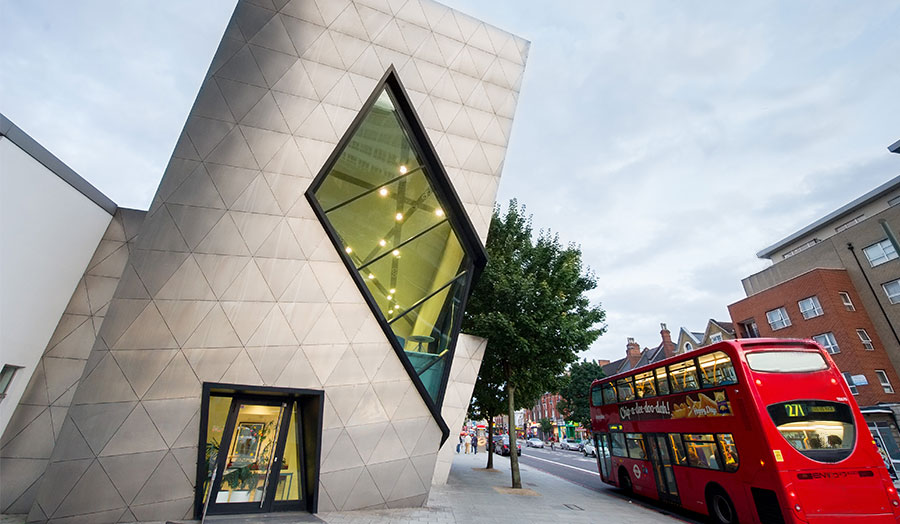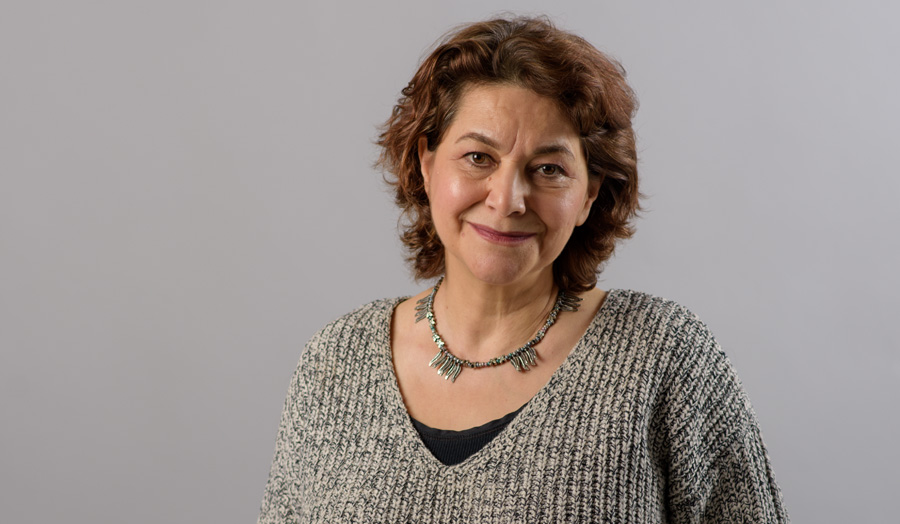Why study this course?
Are you interested in working with people and local communities? Do you see yourself as a future leader? Are you looking for a fulfilling career? If so, this could be the course for you.
Our Leadership in Communities BSc (Hons) degree focuses on social concerns affecting communities and individuals. This course is also validated by two professional bodies, the Institute of Leadership and Management and the Chartered Institute of Housing. London Met is also the first university to be a corporate member of Women in Social Housing (WISH), a network of senior professionals to help you network and boost your career opportunities.
Our graduates work in a range of roles in the public sector eg councils and the NHS, the private sector and the third sector eg non-for-profit organisations including charities, voluntary and community groups.
More about this course
Community is a powerful medicine. The growth of food banks, the response to the Grenfell tragedy, the Black Lives Matter movement and the challenges of COVID have all demonstrated the power of community. By working together we can challenge inequality and social injustice.
If you’re looking for a fulfilling career in social justice, this could be the perfect degree for you. Whether you’re a school leaver or if you’ve been working with communities already and want to return to education, we welcome your application. We’ll develop your employability and leadership skills, and engage you in cutting-edge academic and research skills.
Our Leadership in Communities BSc provides a comprehensive view into issues that affect communities and look at how we can address them. It’s linked to degrees in social work and youth studies to offer a wide range of learning experiences and job opportunities.
This course is perfect preparation if you’re interested in working with diverse communities, including Black, Asian and ethnic minority groups, LGBT+, transnational communities, as well as vulnerable groups, such as homeless people, people with disabilities, refugees and asylum seekers. We work closely with local people so you’ll learn about the issues directly affecting urban communities and have opportunities to resolve them.
You’ll investigate the principles of community work and develop the necessary skills and competencies to practise in the community. As well as this, you’ll look at how differences in culture and identity affect the opportunities of individuals, addressing the causes of inequality and investigating the challenges and opportunities of living in a diverse society.
If you choose the counselling options in years two and three, you'll also gain an additional counselling qualification while completing your degree.
We’re proud that our students come from all over the world, with many who have their own families and are returning to education.
Teaching is currently timetabled for approximately two days per week so that you have time to carry out independent academic work and gain work experience through placement opportunities.
We place focus on developing transferable employability skills, which is why you’ll have the opportunity to complete a mini placement in your second year and a longer placement in your final year.
Employers from the sector will also provide guest lectures, giving you an opportunity to learn about the practical aspects of working in this field and find out what skills and experience employers are looking for.
There are also opportunities to progress to postgraduate studies. There are many postgraduate courses available to further your aspirations, including the Social Work MSc and the Youth and Community Work (with JNC Recognition) MSc, both of which are professionally recognised.
Assessment
You’ll be assessed via essays, individual projects and a dissertation. The focus of the assessments will be to combine your academic work with reflection on practical elements of the course. There will be no examinations.
Professional accreditation
The BSc Leadership in Communities is accredited by the Institute of Leadership and Management (ILM). This is a leading professional body that helps you engage with the learning and practice of leadership. As well as benefitting from membership while you are on the course, you will get an extra qualification from the ILM when you graduate!
Our degree is endorsed by the Chartered Institute of Housing (CIH). Free student membership of the CIH is available to students choosing the two housing options in year three.
The combination of professional validation, work-related content and employability skills allows our graduates to gain employment and move into management positions.
Fees and key information
Apply nowEntry requirements
In addition to the University's standard entry requirements, you should have:
- a minimum of grades BBC in three A levels (or a minimum of 112 UCAS points from an equivalent Level 3 qualification eg BTEC Level 3 Extended Diploma/Diploma, Advanced Diploma, Progression Diploma or Access to HE Diploma of 60 credits)
- English Language GCSE at grade C/grade 4 or above (or equivalent)
You’re welcome to apply as a mature student if you’ve passed appropriate access courses or have appropriate work experience. We also welcome those without formal qualifications who can show enthusiasm, commitment and the ability to benefit from higher education.
Accreditation of Prior Learning
Any university-level qualifications or relevant experience you gain prior to starting university could count towards your course at London Met. Find out more about applying for Accreditation of Prior Learning (APL).
English language requirements
To study a degree at London Met, you must be able to demonstrate proficiency in the English language. If you require a Student visa (previously Tier 4) you may need to provide the results of a Secure English Language Test (SELT) such as Academic IELTS. This course requires you to meet our standard requirements.
If you need (or wish) to improve your English before starting your degree, the University offers a Pre-sessional Academic English course to help you build your confidence and reach the level of English you require.
Modular structure
Example Year 1 modules include:
- Cultures, Identity and Difference (core, 30 credits)
- Self-Leadership (core, 30 credits)
- Introduction to social problems (core, 30 credits)
- Introduction to Communities (core, 30 credits)
Example Year 2 modules include:
- Human Rights, Social Justice and Diversity (core, 30 credits)
- Leadership and Communities (core, 15 credits)
- Researching Youth and Community Issues (core, 15 credits)
- Communities in Transition (option, 15 credits)
- Disability and Inclusion (option, 15 credits)
- Counselling in Youth and Community Settings (option, 15 credits)
- Diverse London (option, 15 credits)
- Transnational Communities (option, 15 credits)
- Sustainability and Environmental Justice (option, 15 credits)
Year 3 modules include:
- Community and Youth Dissertation (core, 30 credits)
- Development and Social Enterprise (core, 30 credits)
- Work Placement for Professional Development (core, 30 credits)
- Homelessness and Housing Policy (option, 15 credits)
- Housing Issues and Housing Solutions (option, 15 credits)
- Management and Supervision in Youth and Community Work Settings (option, 30 credits)
- Counselling in Groups (option, 15 credits)
- Community Acitivism and Digital Campaigning (option, 15 credits)
What our students say
"Shortly after graduation, I began paid employment at Hestia. It's a place where I feel I am learning every day on a personal, social and technical level.
"I'm glad my degree gave me the right tools to be up to the standards of the demands of my current job. I am very grateful for this!"
- Alcina Kouassi, London Met graduate
"I was headhunted shortly after graduation. Since graduating, I have worked in community development and regeneration, working with local people, local organisations and community projects to develop key partnerships."
- Tania Jacobs, London Met graduate
Where this course can take you
By the end of the course you’ll have the necessary experience and knowledge to become a leader in your chosen field.
Our graduates work in a wide range of different organisations. There are many opportunities for paid work with communities. The jobs are often not called ‘community worker’ but give you the chance to put your learning into action. Our students work in local councils, universities, the NHS, the private sector and many other fields. We love to keep in touch with students who have left, and they often return to tell our current students what they are doing.
We focus on building your transferable skills in order to increase your chances of gaining employment on graduation. Our team will support you in finding and securing the right placement. We have extensive links with employers who offer work experience opportunities in community trusts, youth clubs, housing associations, charitable organisations and other non-governmental organisations (NGOs).
After you graduate, you could go on to study a postgraduate degree with us on courses such as our Social Work MSc or the Woman and Child Abuse MA.
Partnership with ISG
We are currently working in partnership with global construction company, ISG. Five graduates from this course are working there as interns, carrying out research on BAME-owned companies. The purpose of the research is to create a more diverse construction industry.
If you've already studied your undergraduate degree with us, as a graduate of London Met, you'll be entitled to a 20% discount on any further study with us.
Collaborative and international links
The course is linked to the International Centre for Community Development, as well as the Refugee Assessment and Guidance Unit.
Course leader
If you're interested in this course and would like further details, you can email the course leader, Patrick Mulrenan, on p.mulrenan@londonmet.ac.uk.
Additional costs
Please note, in addition to the tuition fee there may be additional costs for things like equipment, materials, printing, textbooks, trips or professional body fees.
Additionally, there may be other activities that are not formally part of your course and not required to complete your course, but which you may find helpful (for example, optional field trips). The costs of these are additional to your tuition fee and the fees set out above and will be notified when the activity is being arranged.
Discover Uni – key statistics about this course
Discover Uni is an official source of information about university and college courses across the UK. The widget below draws data from the corresponding course on the Discover Uni website, which is compiled from national surveys and data collected from universities and colleges. If a course is taught both full-time and part-time, information for each mode of study will be displayed here.
How to apply
If you're a UK/EU applicant applying for full-time study you must apply via UCAS unless otherwise specified.
UK/EU applicants for part-time study should apply direct to the University.
Non-EU applicants for full-time study may choose to apply via UCAS or apply direct to the University. Non-EU applicants looking to study part-time should apply direct to the University. If you require a Student visa, please be aware that you will not be able to study as a part-time student at undergraduate level.
When to apply
The University and Colleges Admissions Service (UCAS) accepts applications for full-time courses starting in September from one year before the start of the course. Our UCAS institution code is L68.
If you will be applying direct to the University you are advised to apply as early as possible as we will only be able to consider your application if there are places available on the course.
To find out when teaching for this degree will begin, as well as welcome week and any induction activities, view our academic term dates.
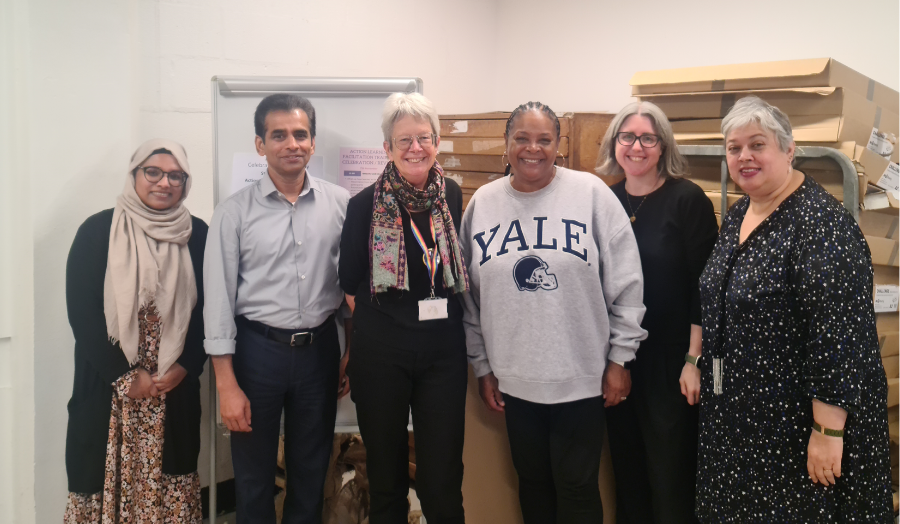
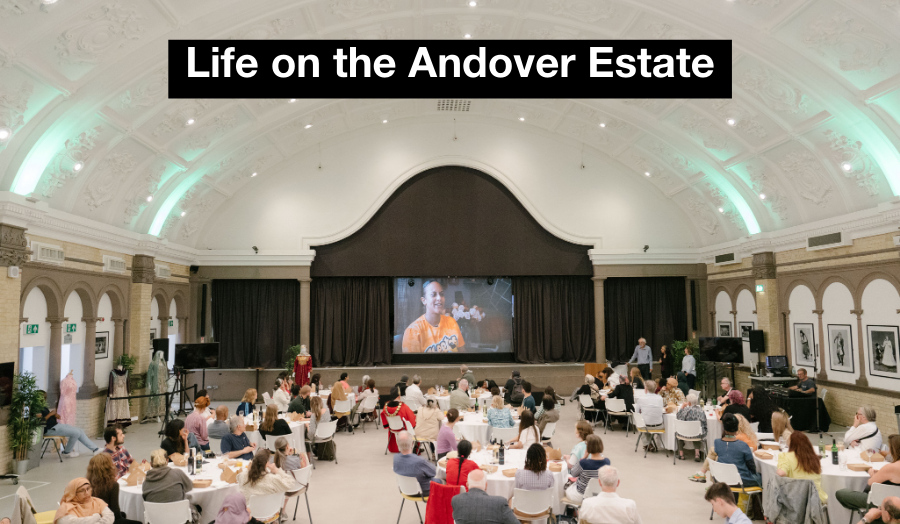
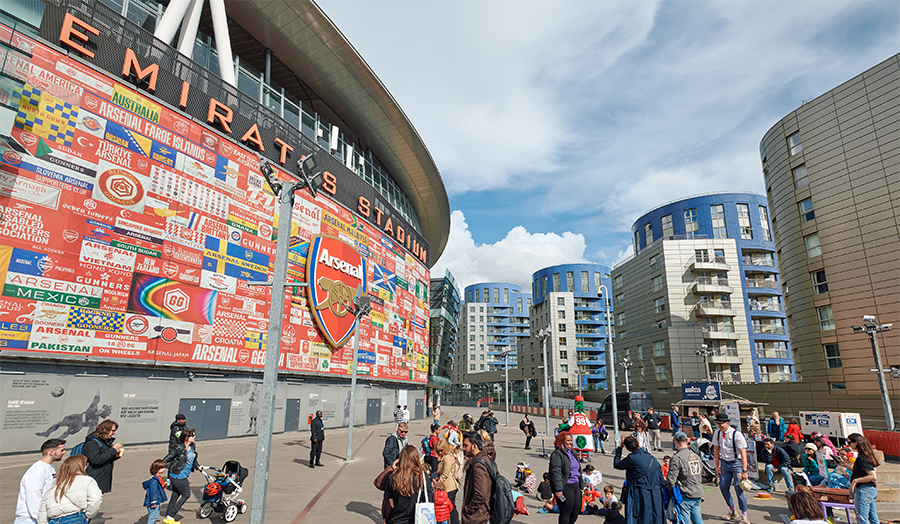
.png)













